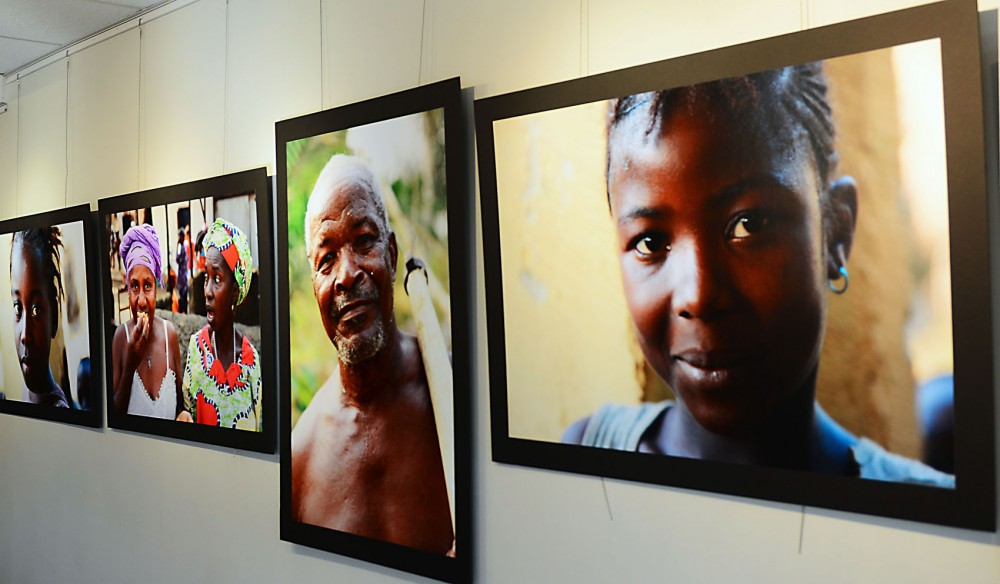When Gary Johnson’s wife told him they were having guests, he set out chairs and made coffee. He didn’t realize the meeting about women’s health in Sierra Leone would end up taking him across the globe.
Johnson, a former University faculty member, is part of the Rural Health Care Initiative, a new nonprofit working to improve health resources for pregnant women in Sierra Leone’s remote chiefdom of Tikonko.
As communication and transportation technologies turn the planet into a global village, health experts say it’s increasingly important for the University of Minnesota to engage in research on an international platform.
The University has ties to health initiatives on at least four continents, said School of Public Health Dean John Finnegan, who’s been involved with the University since he started as a doctoral student in the 1970s.
“I’ve never seen this University more globally engaged than it is right now,” he said.
After the meeting in his home, Johnson decided to get involved with RHCI and travel to Sierra Leone to lay the groundwork for health initiatives there.
During his travels, he compiled a photo gallery portraying the lives of people he met. On Wednesday, the public can view the photos at Boynton Health Service — an effort to increase awareness of health issues in rural areas, especially Tikonko.
“You never know when the next transformative volunteer is going to suddenly drop into your lap,” Johnson said.
The program is still new; Alice Karpeh, a Boynton nurse and Tikonko native, founded the nonprofit two years ago.
Growing up, Karpeh said, going to the hospital wasn’t affordable, so people in Tikonko didn’t go unless they were near death.
Pregnant women wouldn’t have prenatal checkups and often wouldn’t know of any complications until they were in labor, she said.
Sometimes, at that point, “there’s nothing to do about it,” Karpeh said. Women who experienced birth complications would either die or become disfigured.
Tikonko’s population is about 45,000, and about 23 women die during childbirth each year.
Once she came to the U.S., Karpeh decided to organize a program to help residents of her childhood home.
Now, Boynton employees and other Sierra Leone natives volunteer their time for the initiative, often in addition to full-time jobs elsewhere.
The group is raising funds to set up a home for pregnant women in Tikonko and has arranged to deliver a solar-powered light source to a nearby hospital, which doesn’t have running water or electricity.
“Things that we just so take for granted just aren’t there,” said Dr. Carol Nelson, Boynton physician and RHCI’s fundraising chair.
Since the meeting at Johnson’s home, he said, the project has progressed. He said he’s excited to see where it goes from here.
“This was built from the ground up,” he said. “We’re poised.”
Going global
From lowering infant and maternal mortality rates in Sierra Leone to conducting AIDS research in Uganda and educating health care professionals in Thailand, University health initiatives span the globe.
One University project assists Eastern African and Southeast Asian countries in preparing responses to the potential spread of infectious diseases, Finnegan said.
Infectious diseases are one reason public health has become a global issue, he said. With modern transportation, a disease could quickly and easily cross international borders.
“It’s really a new world,” Finnegan said.


